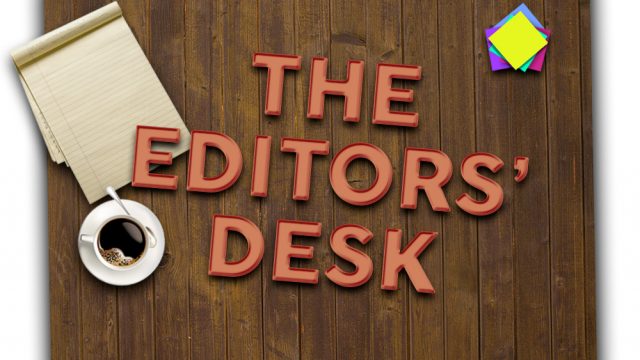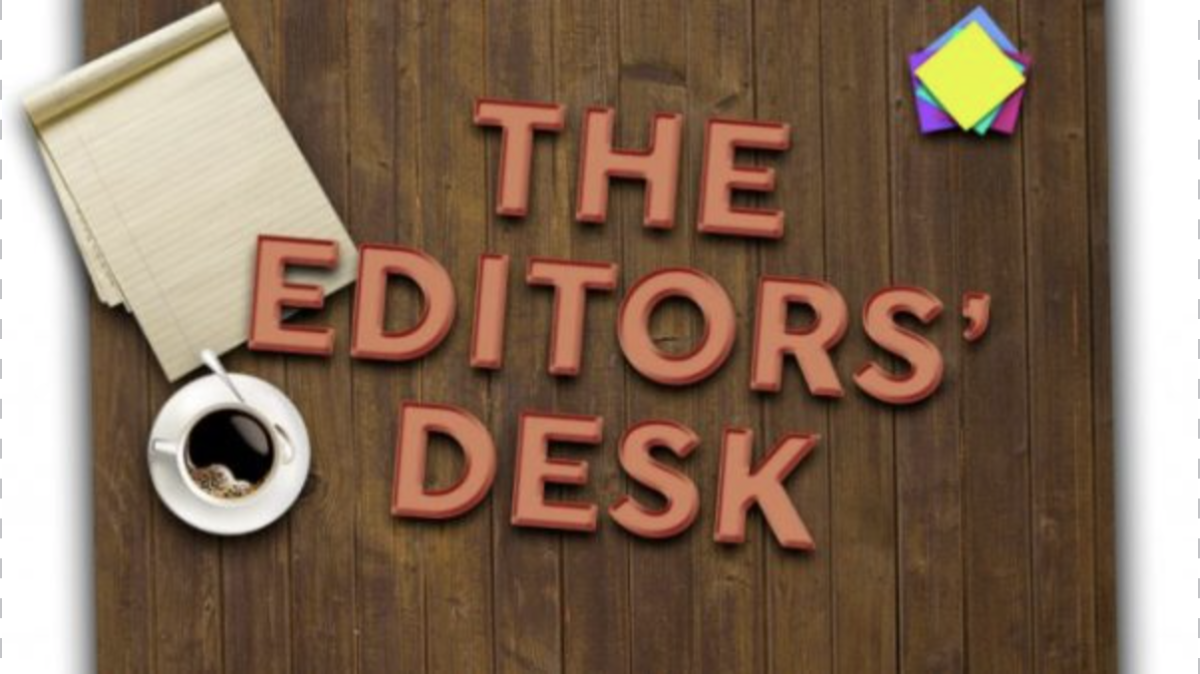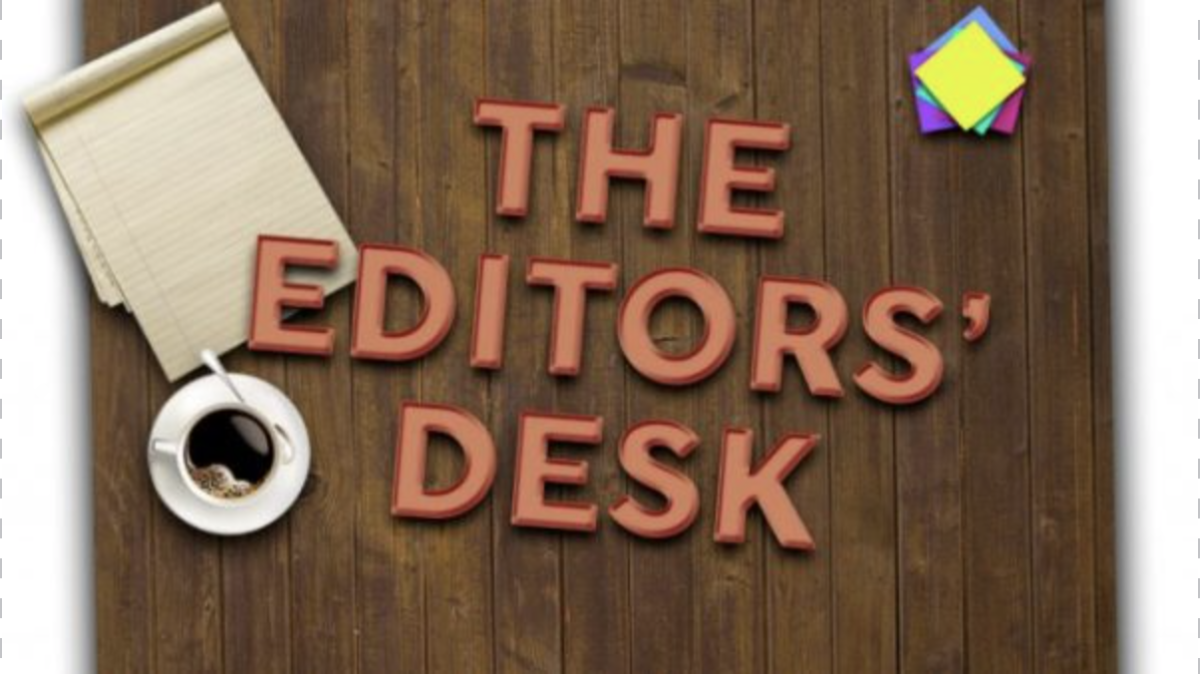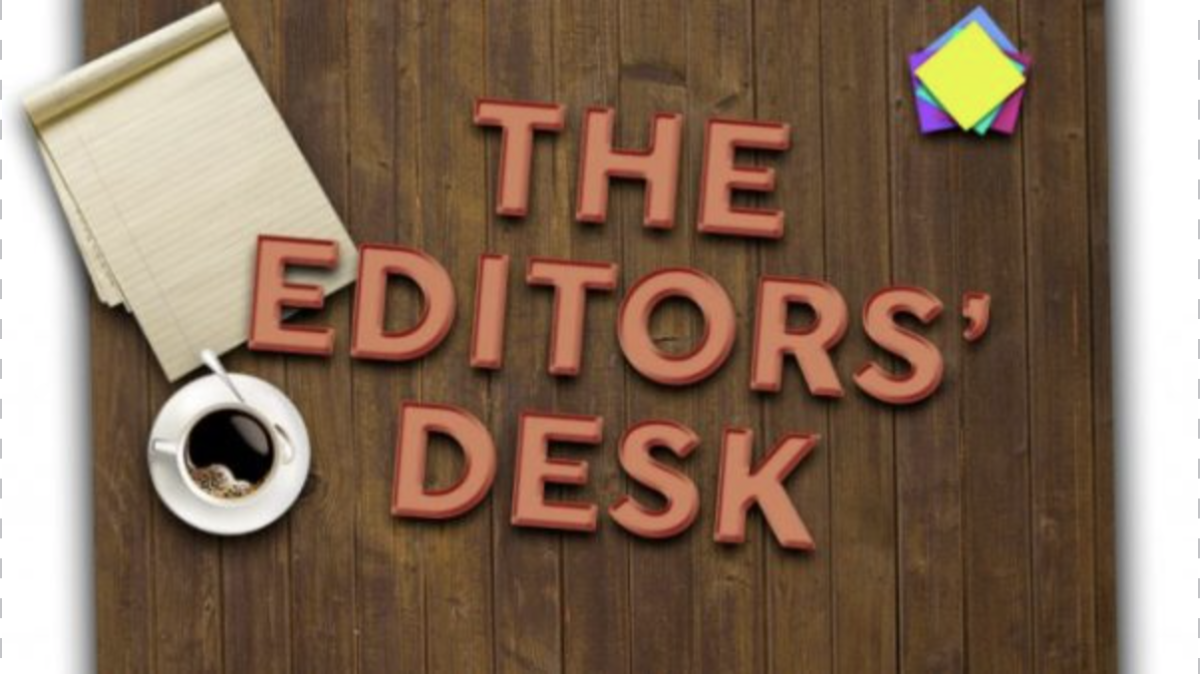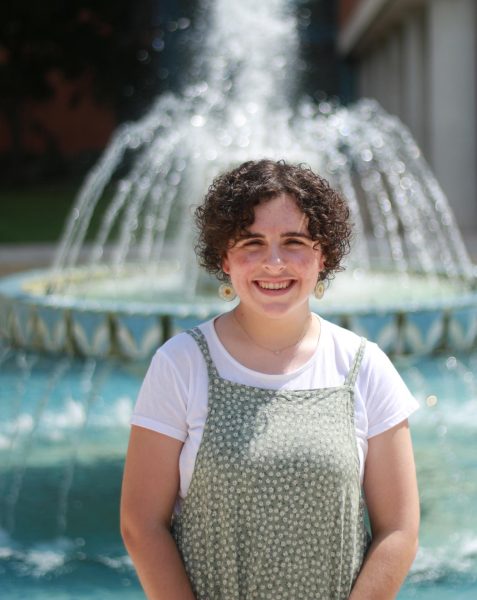In my first editorial, I wrote about how cool it was to get the opportunity to make our time at Trinity our own, to create a new Trinity experience in the wake of traditions that seemed lost to COVID, but recently I’ve been feeling less optimistic. Maybe the senioritis just got to me, but I can’t help feeling like this year didn’t quite work out like I hoped, and I’m willing to bet I’m not the only one. I didn’t come close to accomplishing all the things my beginning-of-year enthusiasm told me I would be able to, and more than that, I felt like a lot of the things going on at Trinity were just as messy and chaotic as my own life.
After sitting through other university-sponsored organization (USO) funding proposals at the recent SGA meetings, I started to realize a pattern that made it click for me why things at Trinity felt so messy. When it got to the part in the proposals when the presenters would share the challenges their USO had faced in the past year, many times I would hear the same thing. They lost their advisor halfway through the year. They started the year with a brand new group of officers. The officers from the year before had not provided enough training to the current officers. And all that sounded eerily familiar to me.
It seemed to me that most of us USO leaders were facing the same issue: starting the year at square one. So many of us were brand-new and surrounded by other people who were all also brand-new, advisors (if we had them) and other officers. But we were far from the only brand-new people in prominent positions on campus — new university president, new dining provider, new vice president for student affairs, new Title IX coordinator and too many people in interim positions to count. Some new blood and new ideas is a good thing, but when I stopped to realize just how much “new” there was, it made more sense why this year felt like such an awkward growing period for Trinity.
Maybe it’s just because my top CliftonStrength is Context, but I think this year at Trinity is a good example for the importance of institutional knowledge and making sure it gets passed down as best as possible. Otherwise, we’re all just experimenting, which can lead to developing bigger and better things occasionally, but just as often leads to missteps and stumbles. Making mistakes is part of learning, but learning from someone else’s mistakes is a powerful tool that helps us circumvent some unnecessary headaches.
I can’t speak to anyone else’s experience, but for me, there have been times when I’m faced with a problem that it seems there used to be protocol to solve, sometimes even before the problem arose. And because I don’t have that protocol, the problem takes me and the managing editor more time to solve than it should. Maybe it’s just my limited perspective making me think that things used to be easier, but with all these clues scattered around our newsroom, like old training manuals and letters to the longtime advisor, it’s hard not to feel like I went into this job a little more blind than some previous executives did.
The truth is it’s really, really hard to build something back up. It takes a long time. There are lessons I’ve learned and systems I’ve thought about setting up that would help out the next generation of Trinitonian editors that I just haven’t had the time to implement or record down because I spend so much of my time figuring out how to deal with the problem that’s right in front of me. I worry that I won’t be passing down as much of what I’ve learned as I would’ve liked, leaving the new editors in the same place I was.
Little by little, I believe we can build everything back up again. Progress is slow when you’re working through the motions, but any progress is good. Maybe the housing selection process won’t leave juniors in first-year dorms. Maybe Mabee Dining Hall will address everyone’s dietary needs. We all need to have a little grace with each other and with ourselves until we get there.

